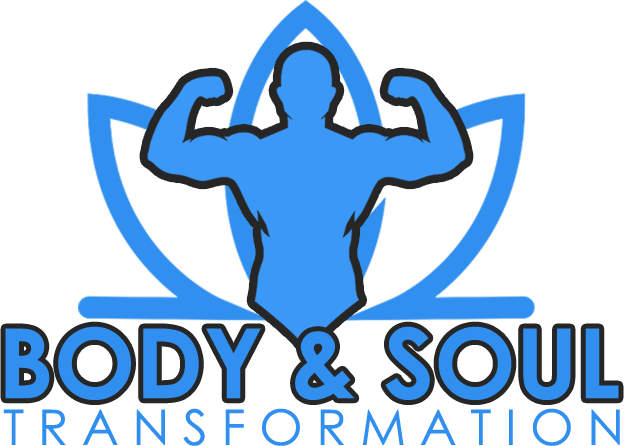
To achieve a goal, it is not enough to simply formulate it. It is necessary to acquire correct and useful habits. They are the basis for future success.
Habits imperceptibly control our lives and influence our behavior. Good habits help you achieve your goals, but bad habits prevent you from doing so.
What’s wrong with setting goals
When we decide to change something in life, we set a new goal for ourselves. But this approach has its drawbacks.
Goals have a deadline
That’s why after achieving a certain goal, many people return to where they started. A person runs a marathon, and then forgets about training. Someone loses weight and celebrates this victory with a cake.
Goals depend on factors that sometimes we can’t control
The goal may not be achievable. Unforeseen expenses can prevent a long-awaited trip to the sea. When we set a goal, we usually build an algorithm to achieve it. But things may not go according to plan.
Goals depend on willpower and self-discipline
Charles Duhigg, author of “The Power of Habit. Why we live and work this way, and not otherwise,” writes: “Willpower is not just a skill. This is a muscle that, like the muscles in the arms and legs, gets tired from hard work, so we have less energy for subsequent tasks.”
Setting goals demotivates us
Research shows that the human brain can confuse setting a goal with achieving it. We relax and begin to believe that the goal has already been achieved and there is nothing more to strive for. This is especially true when we tell other people about it.
What are the benefits of habits
When we do something out of habit, it means that we do it automatically, without thinking. So the goal is achieved gradually, imperceptibly and easily. This systematic approach has its advantages.
Habits come easily to us
It takes 30 days to form a new habit. It is during this period of time that we get used to performing a certain action every day.
Habits shape our lives
Our whole life is made up of habits that we hardly notice. According to research by Charles Duhigg, we habitually perform about 40% of actions per day. They may be subtle, but they shape our personality.
Habits change your lifestyle
Some habits can dramatically change our normal behavior. Duhigg calls them “key habits”. For example, daily exercise can encourage a person to eat a healthy diet and give up alcohol and smoking.

